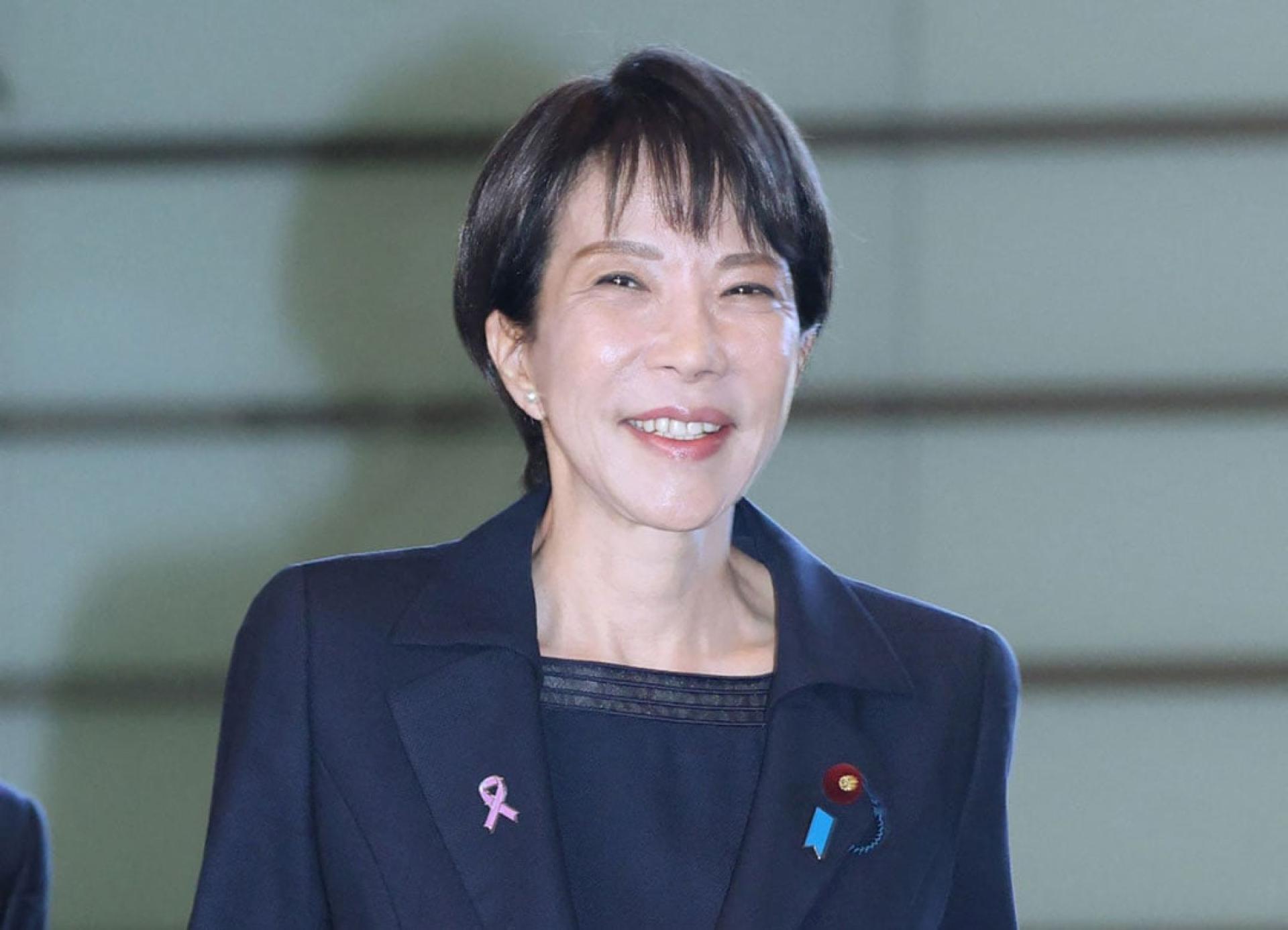Following the public opposition by the governors of Okinawa and Nagasaki Prefectures on the 17th to Prime Minister Sanae Takaichi's attempt to amend the 'Three Non-Nuclear Principles,' the governor of Hiroshima Prefecture and the mayor of Nagasaki City also voiced their opposition on the 18th.
Hiroshima Governor Hidehiko Yuzaki stated at a press conference on the 18th that as Hiroshima was the first place in human history to suffer an atomic bombing, the 'Three Non-Nuclear Principles' should be upheld.
He said that relying on nuclear weapons for security is dangerous and that the government should endeavor to break away from nuclear deterrence.
Nagasaki City Mayor Shiro Suzuki also told the media on the 18th that Sanae Takaichi’s attempt to amend the 'Three Non-Nuclear Principles' would reinforce Japan’s dependence on nuclear deterrence, and that the 'Three Non-Nuclear Principles' have always been regarded as a national policy, stressing that the government must be strongly urged to uphold them.
The 'Three Non-Nuclear Principles' refer to not possessing, not producing, and not introducing nuclear weapons. In 1967, then Japanese Prime Minister Eisaku Sato proposed the 'Three Non-Nuclear Principles' in a parliamentary speech. This principle was approved at a plenary session of the House of Representatives in 1971 and became the Japanese government’s basic policy regarding nuclear weapons. In 2022, the Japanese government’s passed 'Three Security Documents' also clearly stated that the basic policy of adhering to the 'Three Non-Nuclear Principles' would remain unchanged.
However, according to Japanese media reports, Sanae Takaichi is currently attempting to revise the principle of not introducing nuclear weapons in the 'Three Non-Nuclear Principles' during the revision of the National Security Strategy and other 'Three Security Documents.'
